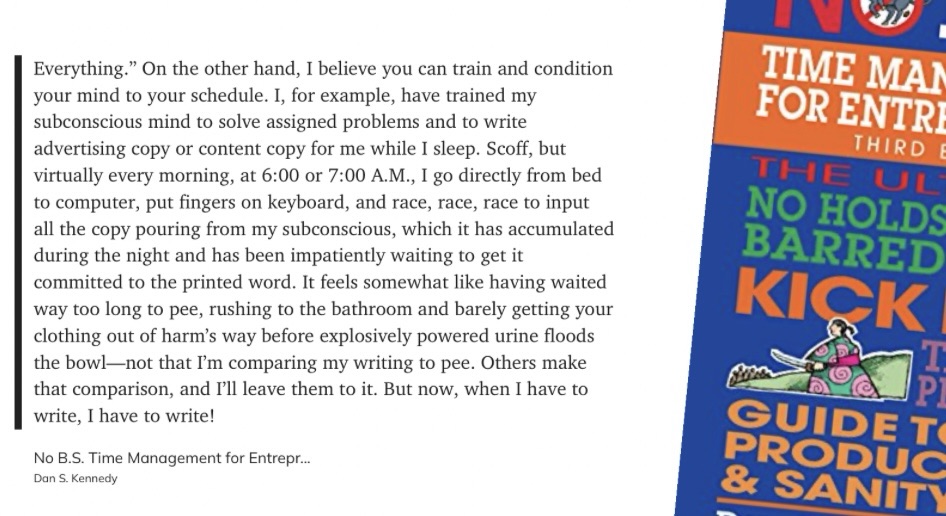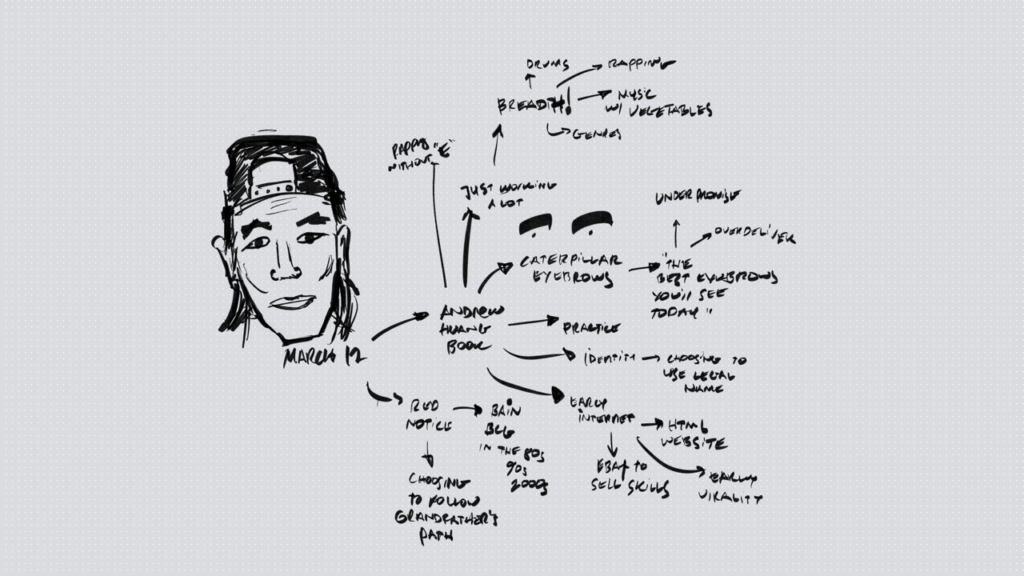I started listening to”The Terminal List” during runs and… it’s awesome.
I gave up on listening to fiction audiobooks a few years ago. I’ve always wanted to (and still want to) read a bunch of sci-fi books. I thought I’d start by listening to a bunch of Neal Stephenson’s books. I tried to listen to “The Diamond Age” while walking around New York. I’d stop paying attention for a few minutes then need to back it up a few chapters. Then at some point I’d stop paying attention for longer than that to the point that it was hard to even figure out what part to back it up to.
But I gave fiction audiobooks another shot when I started running a few months ago.
One thing that helped: switching genres from sci-fi to thrillers. I started with Don Winslow’s “The Power of the Dog” trilogy
A second thing that’s helped: being able to play audiobooks in the Kindle app with the reading indicator. Now I’ll often drop the combined $20-$30 to have a book on Kindle and Audible. You used to be able to add the Audible book for $7.50 for a lot of books. But it seems like there’s probably some sort of change in publishing deals that’s made that far less common with newer releases. Anyway, when I get lost it’s a lot easier to back things up to a place that I remember using the Kindle app because it’s easier to skim through text than it is with a combination of skip forward/skip backward buttons.
Third, sort of along with the above change, the Kindle app allows you to do an infinite vertical scroll with most books. The audio syncs so that if you scroll enough to where the current word is off screen, the audio will start back at the top of the screen. You can also highlight a word and start the audio at that word.
I listen at 1.5X when running.
I listen at 2-3X when reading the text version on Kindle. I play the audiobook to get the word indicator at the same time. At 3X, I’ll have to backtrack sometimes but listening at the same time helps keep me moving forward in the book. If I’m on my phone, it’s also a nudge to not switch to other apps.
I’m reading more and I’d bet I’m retaining more. Though in my head I’ve also pared back the importance of retention or trying to understand every last detail of things. The man wants revenge. Sometimes I’ll look up who he’s currently brutalizing and remember, oh yeah, that’s why this person is a scumbag.

